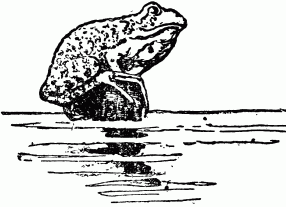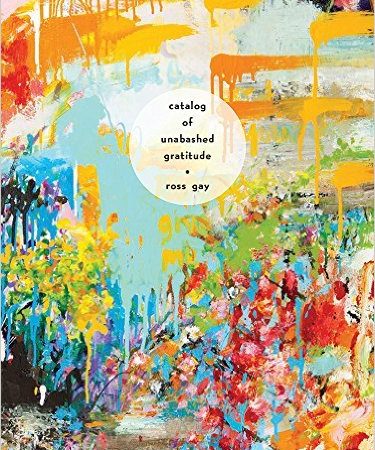NONFICTION: Reading Jamaica in New York, by Victoria Brown
Reading Jamaica in New York Victoria Brown I worked as a nanny when I first came to America. One rare quiet afternoon I found a slim book on my employer’s shelf by Jamaica Kincaid, an author I hadn’t heard of. We look to find ourselves in fiction, but rarely does a teenage Caribbean nanny in New York find herself sprawled on her boss’ couch immersed in a novel written by a former Caribbean nanny. To say Lucy spoke to me is to under-report the crystallization of intent, the force of the impact that afternoon had on my creative life to come. Here was my story, unsparingly told: my relationship with my mother, my immigrant journey, my homesickness. I finished Lucy in one sitting, and I immediately wanted more. Because before Kincaid, to find the Caribbean in literature I had V. S. Naipaul. In some of his early stories, I caught snatches of myself—a foot or a plait perhaps—but never me, fully formed, in the middle of the action. Any pathos for Naipaul’s characters takes backseat to the bathetic; his Caribbean writing has always been part ridicule and part anthropology, local people put to usury for a foreign gaze.... Read More



